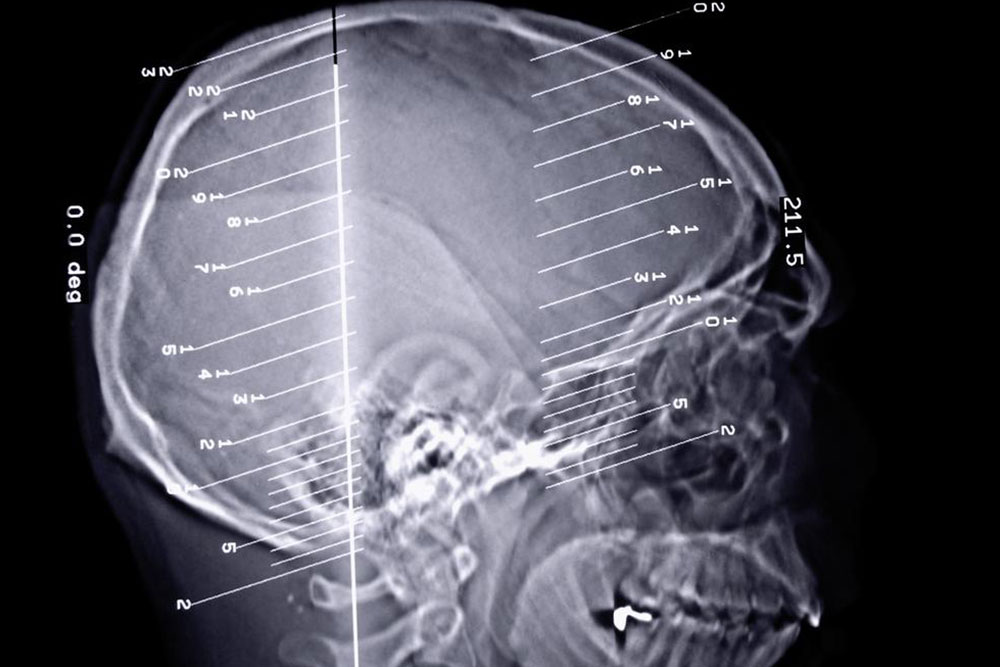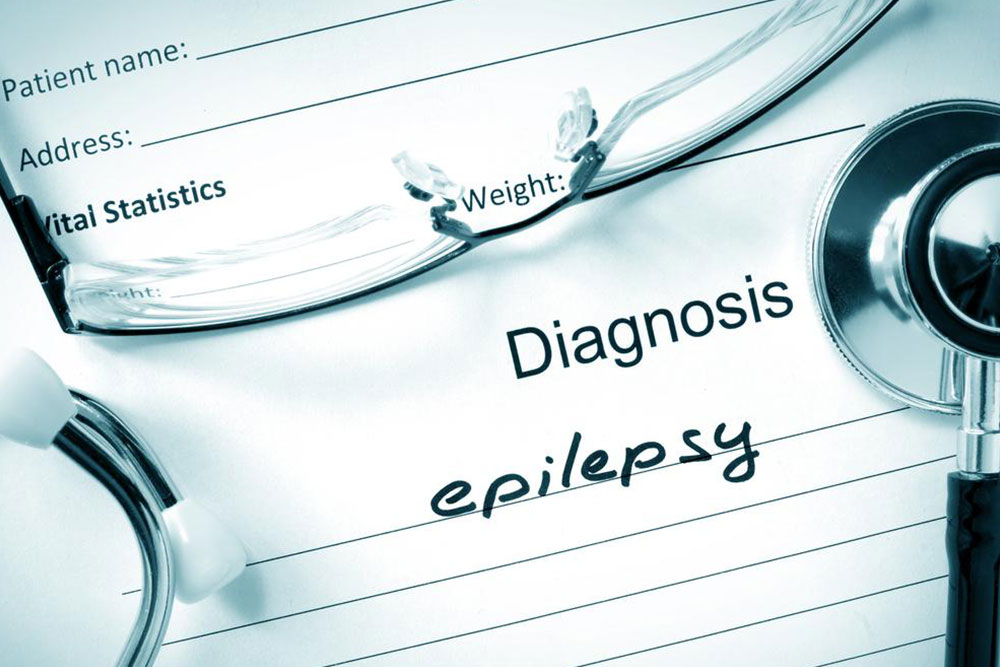Comprehensive Overview of Epilepsy Management and Treatment Options
This article offers an insightful overview of epilepsy, highlighting causes, symptoms, and treatment options. It emphasizes the importance of proper diagnosis and medication adherence, especially with drugs like Topiramate. The piece also discusses potential side effects and the necessity of medical supervision. Readers are encouraged to seek professional healthcare support for effective management. The information aims to increase awareness and promote safe, informed approaches to epilepsy care.

Understanding Epilepsy and Its Treatment Strategies
Epilepsy is a neurological condition characterized by recurrent seizures that can affect individuals of any age. These seizures are unpredictable and can temporarily disrupt mental, sensory, or motor functions. The pattern and frequency of seizures depend on which brain area is impacted. Causes include head injuries, chemical imbalances, stroke, birth trauma, or alcohol abuse. It’s important to distinguish epileptic seizures from those caused by high fever. Diagnosis and treatment are available nationwide, ensuring accessible medical care. While current treatments may not cure epilepsy completely, ongoing management helps reduce seizure occurrences.
Medication forms the mainstay of epilepsy management. For instance, Topiramate (Topamax) is widely prescribed to control seizures in both children and adults. It’s crucial to adhere strictly to the prescribed dosage to prevent side effects. Common side effects include dizziness, fatigue, nausea, depression, weight changes, and tingling sensations. Rarely, nasal and throat issues may occur. Pregnant women should avoid this medication due to potential risks to the fetus. If a dose is missed, it should be taken promptly. Always consult your doctor before starting or changing medication, as improper use can be dangerous. Emergency hospitalization is essential if seizures are severe or persistent—self-medication without proper diagnosis can be life-threatening.
Important Notice:
This article provides general health information regarding epilepsy symptoms, treatments, and side effects. It should not replace professional medical advice. Always consult licensed healthcare providers for diagnosis and treatment options tailored to your condition. Do not attempt to self-medicate or alter prescribed treatments without guidance.










